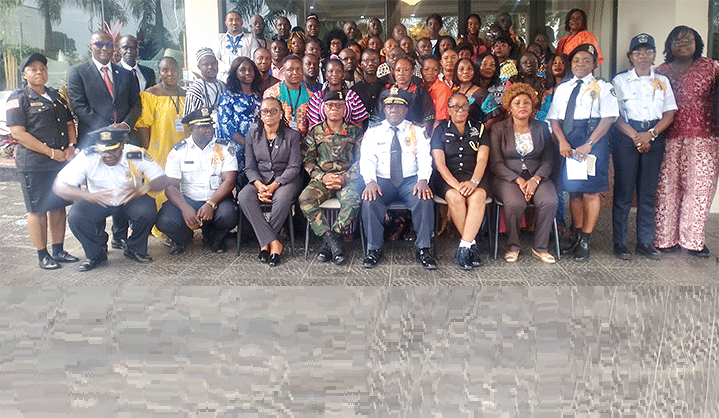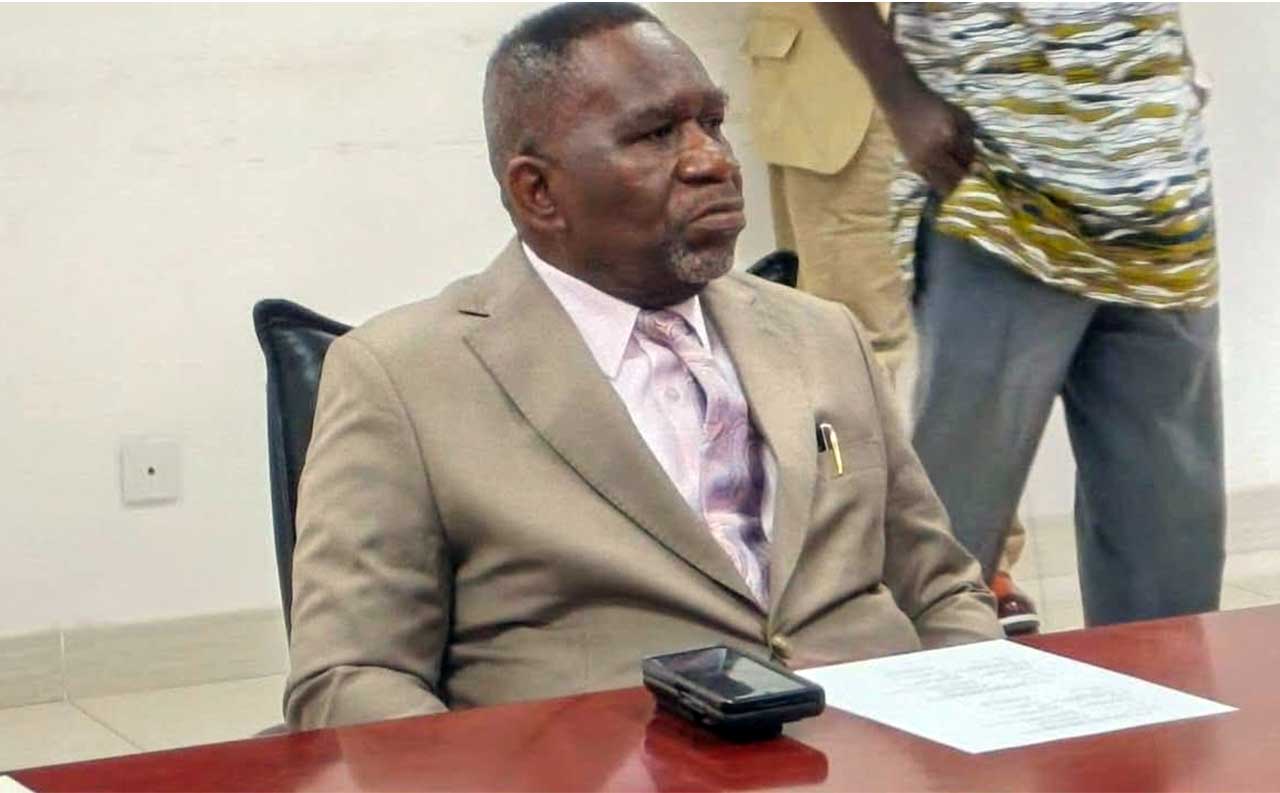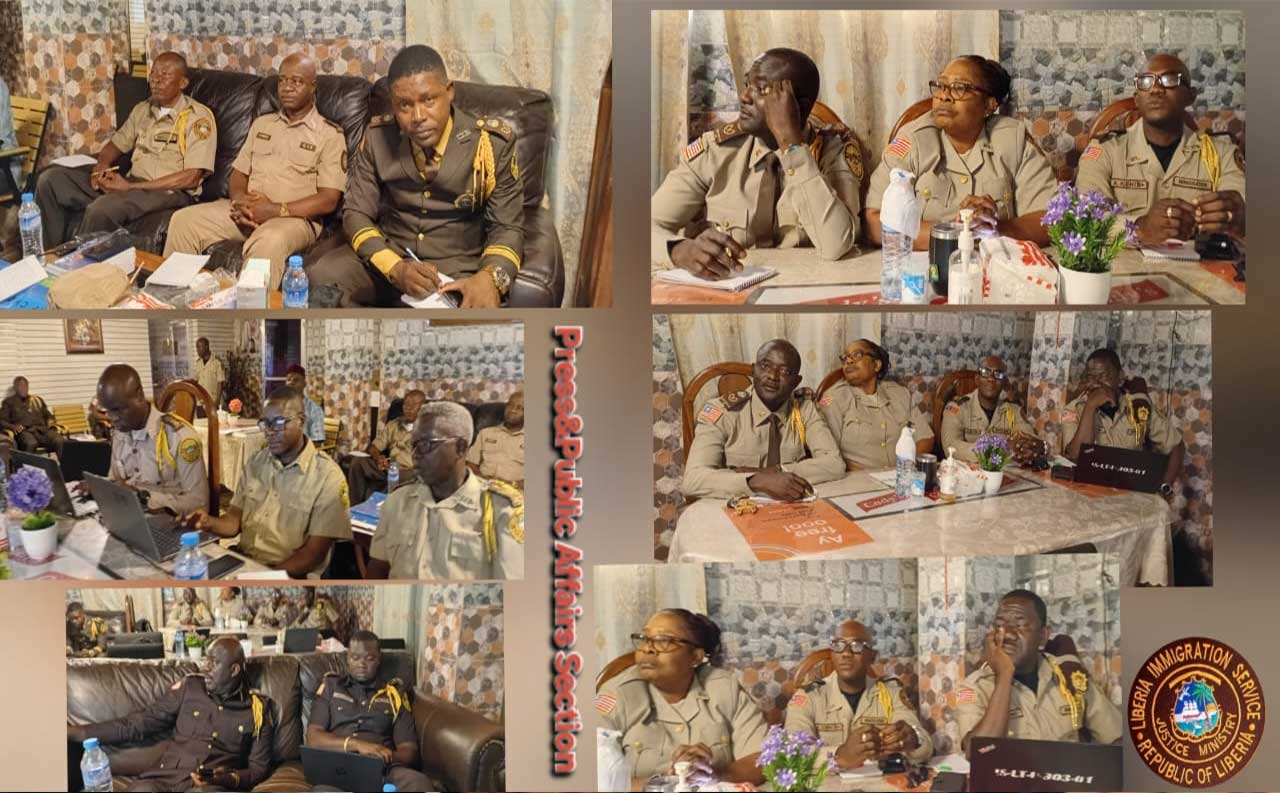The Kofi Annan International Peacekeeping Training Centre (KAIPTC) is conducting a two-week training for over 40 state security officers in Investing and Preventing Sexual and Gender-Based Violence (ISGBV24-1).
Speaking at the opening of the program earlier this week on behalf of the Commandant at KAIPTC Major General Richard Addo Gyane, Col. Frank Kusi-Darko said the modern armed conflicts have common characteristic, which prominent among them is the sexual and gender-based violence (SGBV), perpetrated against civilians majority being women and children. Col. Kusi-Darko said in most cases, sexual and gender-based violence is often used as a weapon of war to demean weaker groups, tribes and their affiliates during and in the aftermath of conflicts.
“The victims suffered long lasting psychological and or physical harm. Due to the severity of this violence in conflict and post-conflict environment, the United Nations Security Council came out with a resolution 1820, which has classified rape and other forms of sexual violence as war crimes, crimes against humanity and genocide,” Col. Kusi-Darko said.
“Ladies and gentlemen, as you may all be aware our dear continent Africa continues to witness conflict even though countless efforts have been made to make Africa a safer place for our children and generation yet unborn,” he said.
According to him, these conflicts create conditions where crimes such as sexual and gender-based violence are visited on the vulnerable in society and have a huge possibility of undermining the consolidation of social economic gains and the overall stability of Africa. He said the course is designed to build the capacity of police officers operating in a post conflict and or stable environment to appreciate the effect of sexual and gender based violence.
Col. Kusi-Darko said participants will be equipped with the support and intervention skills to deliver effective and efficient protection and support to victims and the vulnerable in the society.
He expressed his appreciation to the German Foreign Ministry for their generosity. For his part, Deputy Inspector General of Police Col. William K. Mulbah indicated that the course is designed to enhance the capacity of all police officers especially the Women and Children section to know the core value of investigating sexual based violence cases.
“As an investigator on such subject, you have to know key issues that you already know…physical violence, verbal violence, sexual violence, social and economic violence, domestic violence which is prevalent in our society, harassment and sexual harassment in the workplace,” Col. Mulbah said.
Col. Mulbah said that despite the overall challenge of investigating grave human rights violations committed in the conflict of armed, investigation and prosecution, the SGBV and its unique challenges have been prevalent in society.
“In any conflict, we have women and children that are vulnerable and they are taken advantage of and most often, people try to use those vulnerable groups at a disadvantage and abuse them,” he told participants. According to him, the gathering of evidence is one of the major issues in investigating SGBV cases while the security of the victim remains paramount.
“We know that in SGBV cases, when you are investigating, once you collect the evidence, the first thing to do is to secure the victim. There are two crime places in SGBV cases. One is where the crime was committed and one is with the victim.” According to him, SGBV is a heinous crime because it’s a violation against human rights.
“So on behalf of the Inspector General Police, I want to use this time to admonish you as you go out of here, you should be able to follow those key things that you are supposed to do in investigating Sexual based violence cases,” the Deputy Police boss said.
He said officers must take into consideration their reputation when investigating cases of SGBV because what they do today could follow them in the long run. “Of a child is molested, or even an adult, it behooves on you to make sure that those things that you are doing are done properly because if you don’t do it, that victim might either die or that victim might suffer a lifetime problem,” he said.



